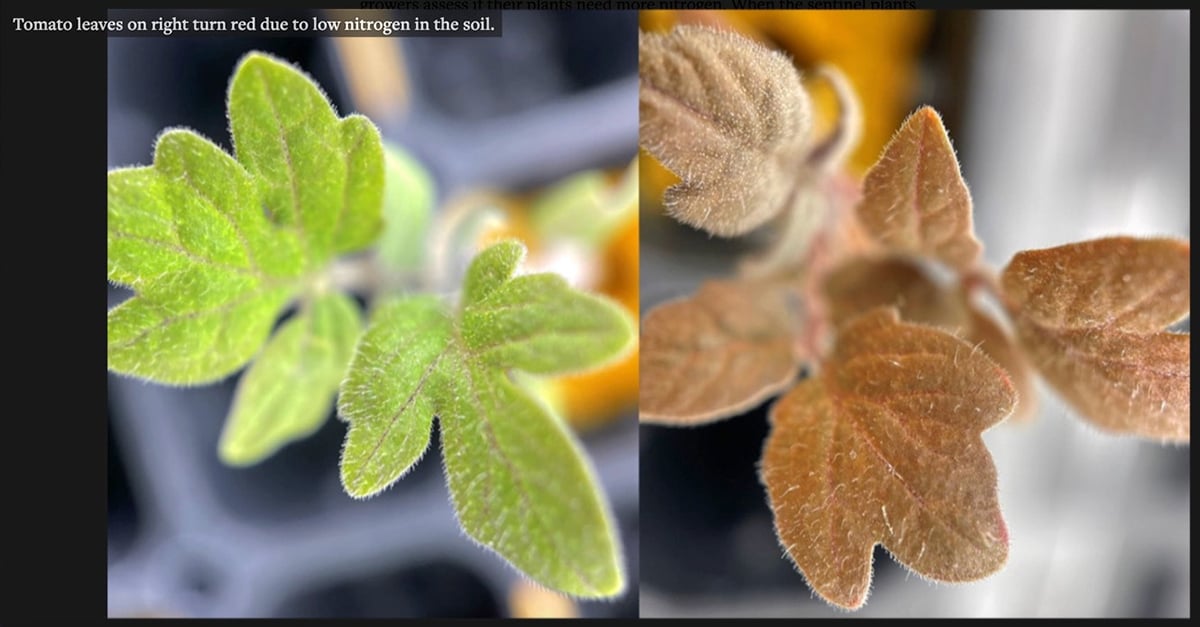The Goods and Services Tax is a pain to administer, but at least it is easy to calculate.
The GST/HST law went into effect Jan. 1, 1991, and ever since then all sales have been subject to GST unless specifically exempted.
However, the process gets far more complicated when we start working with exceptions to GST/HST legislation.
There was a small silver lining for farmers in the exceptions that were embedded in the legislation.
Most farm products are termed “zero-rated.” This means that no GST/HST will be charged by suppliers on their sales, and suppliers can recover any GST/HST paid on their purchases by claiming input tax credits (ITC).
Read Also

American researchers design a tomato plant that talks
Two students at Cornell University have devised a faster way to detect if garden plants and agricultural crops have a sufficient supply of nitrogen.
The net effect is that the government will not collect GST with respect to zero-rated items from the consumer or the supplier.
The question then becomes, is it really necessary for farmers to register for GST/HST?
The level of GST/HST-taxable sales, known as taxable supplies, is important for determining whether registration is required or optional.
In general, the annual GST/HST-taxable sales for registration purposes would include applicable GST/HST rates in all provinces and zero-rated goods and services.
They would also include all taxable supplies in that period, whether payment has been received based on the four preceding calendar quarters.
They would exclude capital property and goodwill sales made after Nov. 5, 1991.
So even though farmers would not charge GST/HST, they still must register.
A farmer whose total taxable supplies in the four calendar quarters preceding the particular quarter in question that do not exceed $30,000 qualifies as a small supplier and technically does not have to register.
However, there may still be benefits to registration.
Farmers with sales under the threshold should consider registering because they will not have to charge or collect GST/HST on most sales. These sales will be zero-rated and the farmers be able to recover ITCs on their purchases.
An exception to this rule may exist for marginal farmers or farmers selling mostly GST/HST-rated goods and services. However, registration means you will have to spend much more time on recordkeeping and filing your GST/HST returns.
The complexities of GST/HST legislation don’t end there for the farmer.
Farms that have or are moving to a corporation business structure need to be concerned about how the association/non-arm’s length rules play a role in the GST/HST legislation.
For example, transactions be-tween non-arm’s length parties may result in taxable supplies.
In some circumstances, farm corporations have more than one business in the farm corporation. For example, different entities may exist for crops grown as a traditional farm and those that supply a restaurant or grocery store.
Carving out zero-rated product from other taxable supplies may mean that GST/HST is collectible.
Whatever you choose to do, it is always prudent to discuss this with your tax professional before making decisions.














